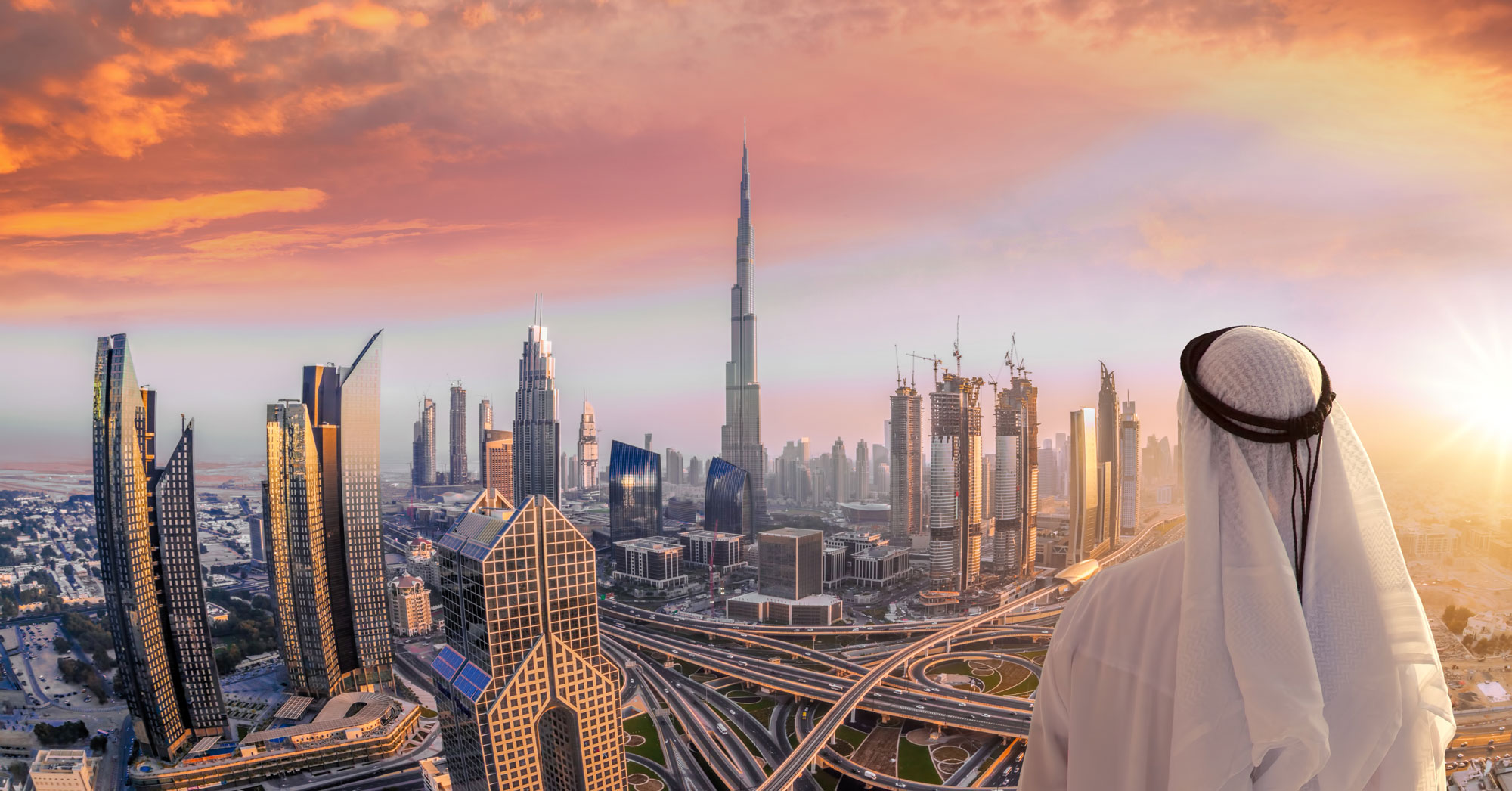UAE Poised to Lead Global Economy by 2030

The UAE’s recent policy initiatives and legislative changes have been pivotal in steering the nation towards this ambitious goal. The government’s focus has been on creating a conducive environment for new industries, particularly those driven by technology and sustainability. Significant reforms include the implementation of a new bankruptcy law, the introduction of long-term residency visas for investors and skilled professionals, and various measures aimed at simplifying business operations and enhancing the ease of doing business.
Among the notable legislative changes is the new bankruptcy law, which aims to streamline insolvency proceedings and provide a more structured approach for businesses facing financial difficulties. This law is expected to boost investor confidence by offering clearer and more predictable outcomes for companies in distress, thereby encouraging more investment in the UAE.
Additionally, the UAE has introduced long-term residency visas as part of its efforts to attract and retain talent and investors from around the globe. These visas are designed to provide greater stability and security for expatriates, which is expected to enhance the country's appeal as a destination for high-caliber professionals and entrepreneurs.
The UAE’s strategy also includes substantial investments in technology and innovation. The government has launched several initiatives to support startups and technology-driven businesses, including the establishment of innovation hubs and tech parks. These initiatives are part of a broader effort to diversify the economy away from oil dependency and to position the UAE as a leader in emerging industries such as artificial intelligence, blockchain, and renewable energy.
Economic diversification is a cornerstone of the UAE’s strategy. The government has prioritized sectors like renewable energy, tourism, and financial services, aiming to reduce the country’s reliance on oil revenues. This shift is supported by substantial investments in infrastructure and technology, positioning the UAE as a key player in the global economy’s evolution.
The UAE’s efforts to integrate sustainability into its economic framework are also noteworthy. The country has set ambitious targets for reducing carbon emissions and increasing the share of renewable energy in its energy mix. These initiatives align with global trends towards sustainability and are expected to enhance the UAE’s competitiveness on the international stage.
Moreover, the UAE has been actively forging international trade agreements and partnerships to strengthen its economic ties with various regions. These agreements are designed to open new markets for UAE businesses and to attract foreign investments, further cementing the country’s role as a global economic hub.
The strategic location of the UAE at the crossroads of Europe, Asia, and Africa provides it with a unique advantage in terms of trade and logistics. This geographic positioning is leveraged through the development of world-class ports and transportation infrastructure, enhancing the country’s role as a global logistics and trade center.
Key players in the UAE’s economic transformation include major state-owned enterprises and private sector companies that are investing heavily in new technologies and infrastructure. These entities are collaborating with international partners to drive innovation and growth in various sectors.
The UAE’s focus on economic resilience and adaptability has been crucial in navigating global economic uncertainties. By fostering a dynamic and flexible business environment, the country is well-positioned to capitalize on emerging opportunities and to attract investment in high-growth sectors.

Join the conversation